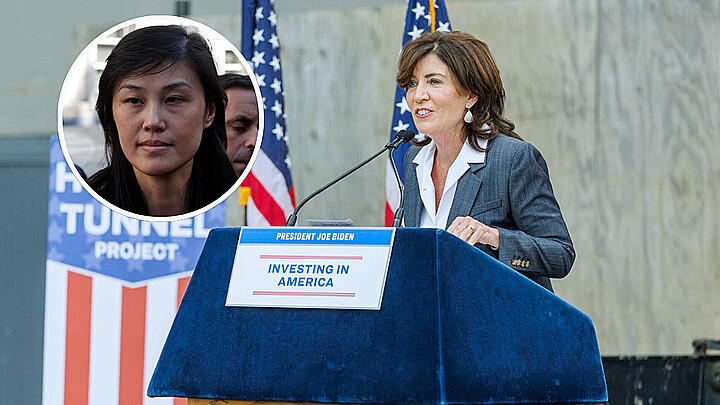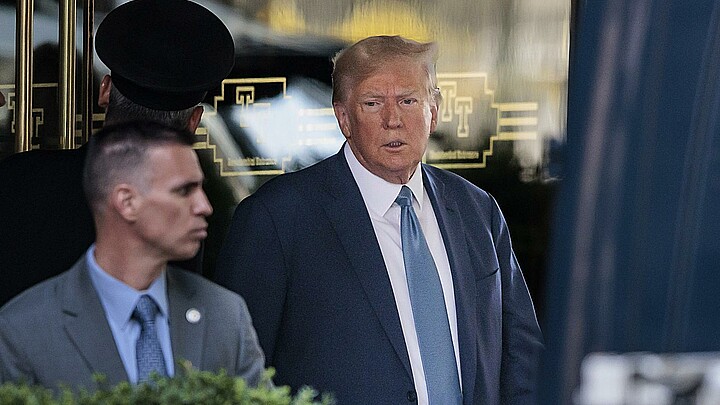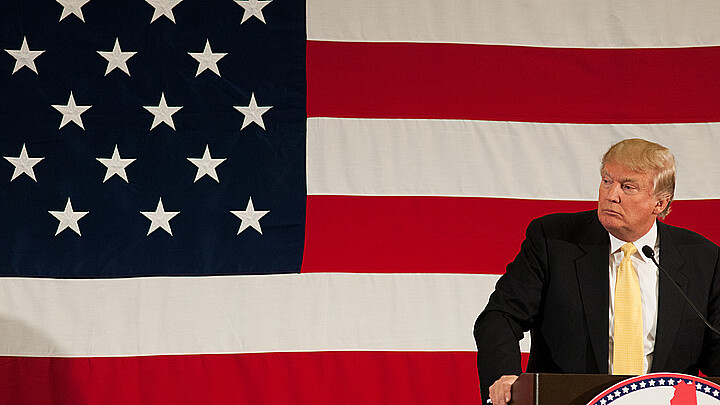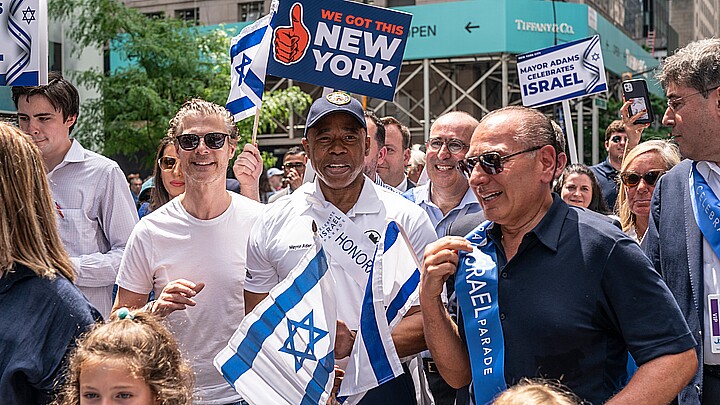Politics
New York City prepares for Trump indictment amid fears of mass protests
In New York City, workers erected barricades around Manhattan's criminal court building where Trump would potentially surrender for booking and processing
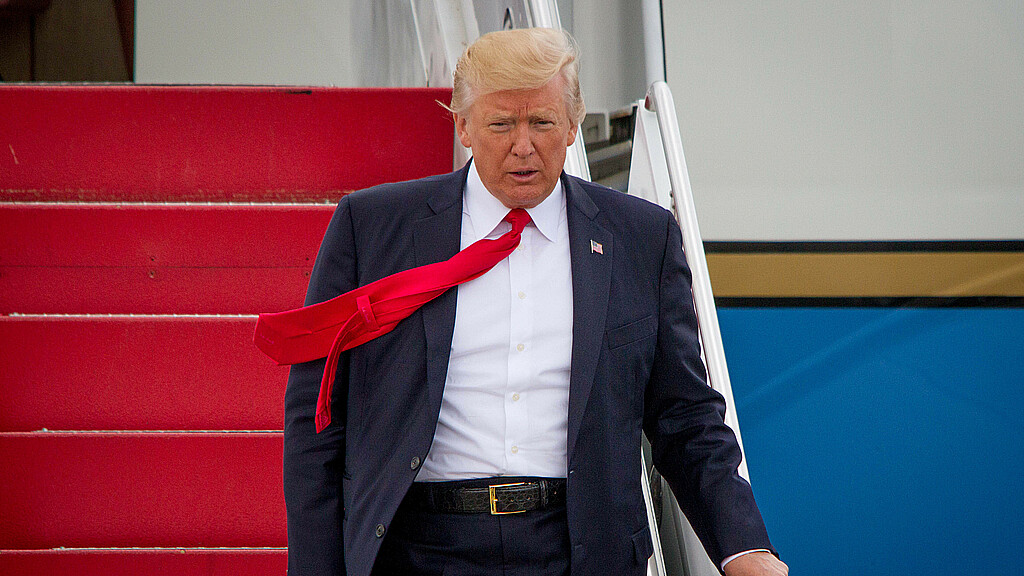
March 21, 2023 8:31am
Updated: March 21, 2023 8:31am
New York City is preparing for protests on Monday over the possible indictment of former President Donald Trump, the first criminal case ever conducted against a U.S. chief executive.
On Saturday, Trump, who is seeking the Republican nomination for the presidency, predicted that he would be arrested on Tuesday over hush money payments to porn star Stormy Daniels during his 2016 presidential campaign.
Trump called on his social media followers to protest in response to the potential arrest.
The calls for protests raised concerns among city officials, who fear that Trump’s supporters might engage in violent acts similar to those seen on Jan. 6, 2021, when they stormed the U.S. Capitol in Washington D.C.
In New York City, the workers erected barricades around Manhattan's criminal court building, where Trump would potentially surrender for booking and processing.
The New York Police Department was placed on heightened alert and is working with the Secret Service and court officers in case the former president is charged.
"We're doing what we always do. We're monitoring comments on social media, and the NYPD is doing their normal role of making sure there's no inappropriate actions in the city," said Mayor Eric Adams. "We are confident we're going to be able to do that."
According to Trump’s former personal attorney, Michael Cohen, the former president paid Daniels $130,000 during his 2016 presidential campaign to keep her quiet about an alleged affair she had with Trump. Trump has denied the affair.
Manhattan prosecutors are trying to draw a link from Cohen's payments to Trump to establish that the payment was a campaign donation violation in excess of federal limits. Federal prosecutors previously examined the same theory, but declined to file charges.
On Monday, the grand jury heard from lawyer Robert Costello, who claimed that Cohen handled the hush-money payments without Trump’s involvement.
"Michael Cohen decided on his own - that's what he told us - on his own, to see if he could take care of this," Costello told reporters after testifying to the grand jury.

